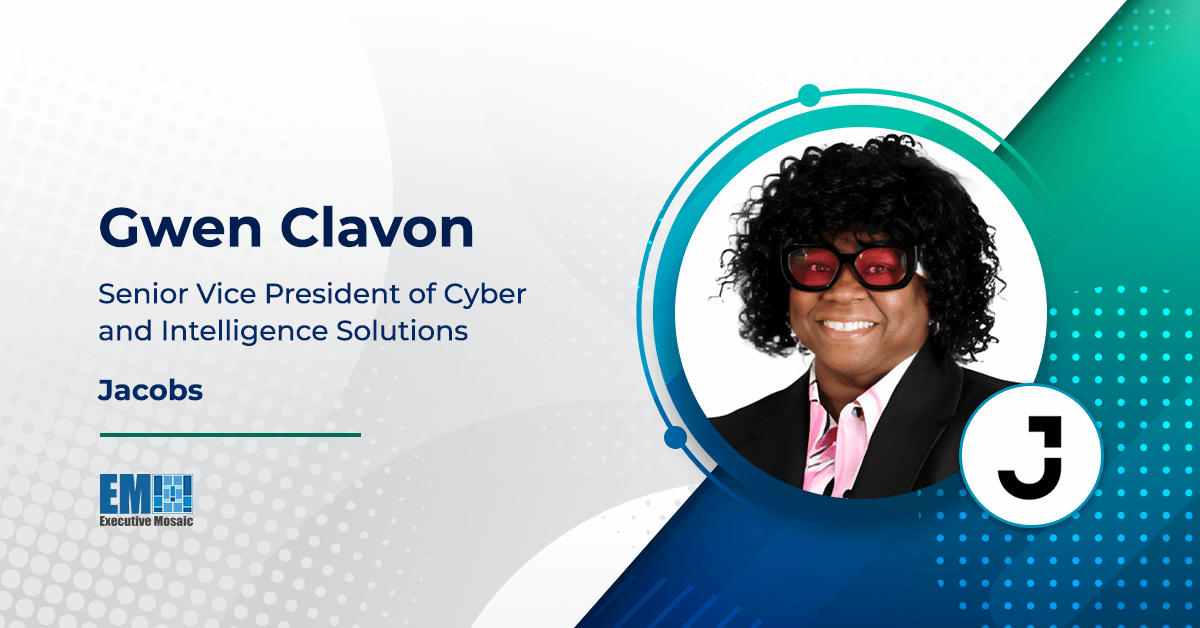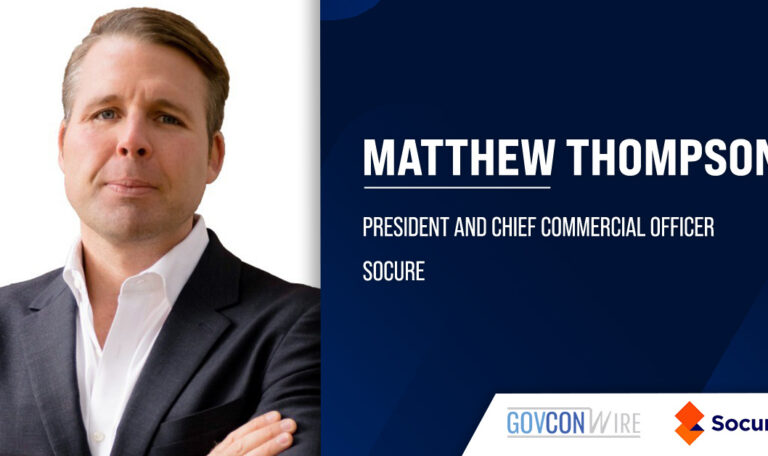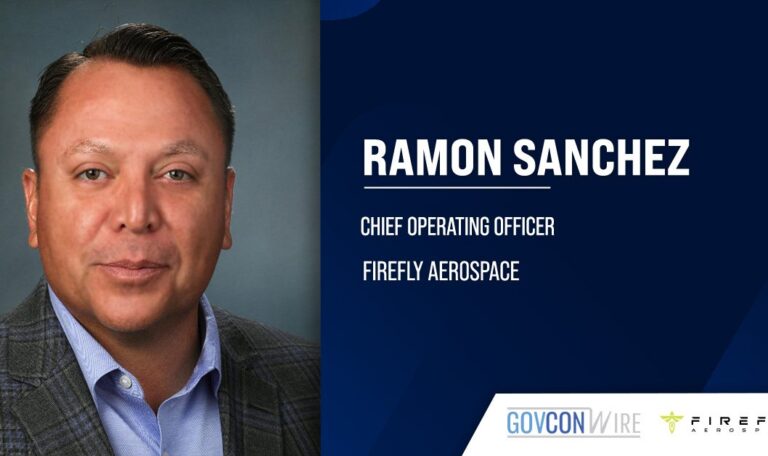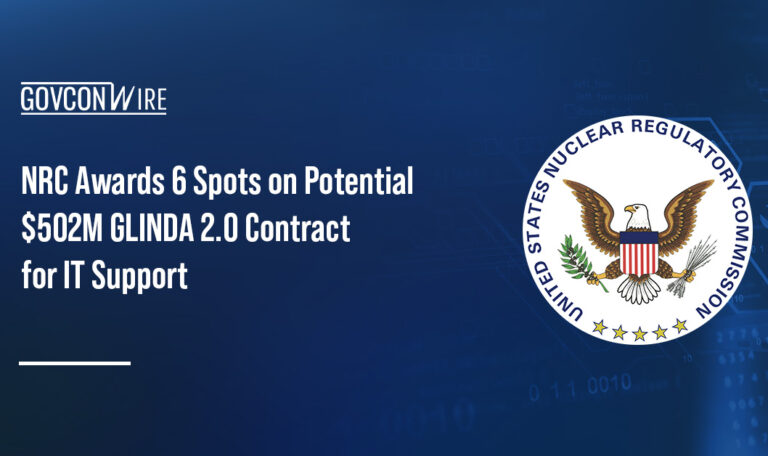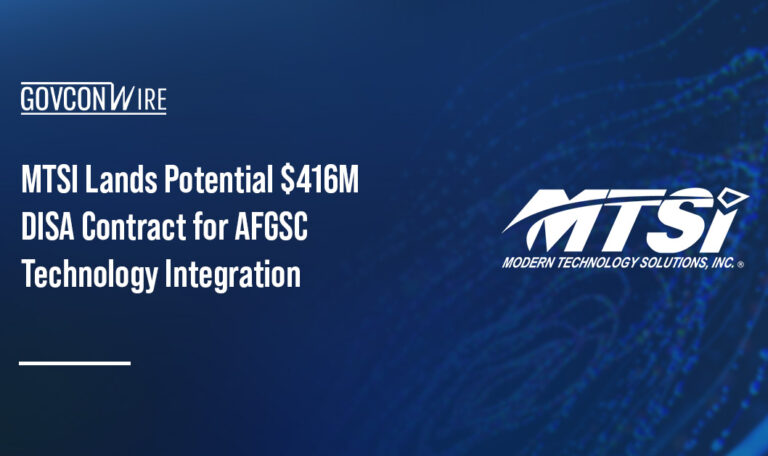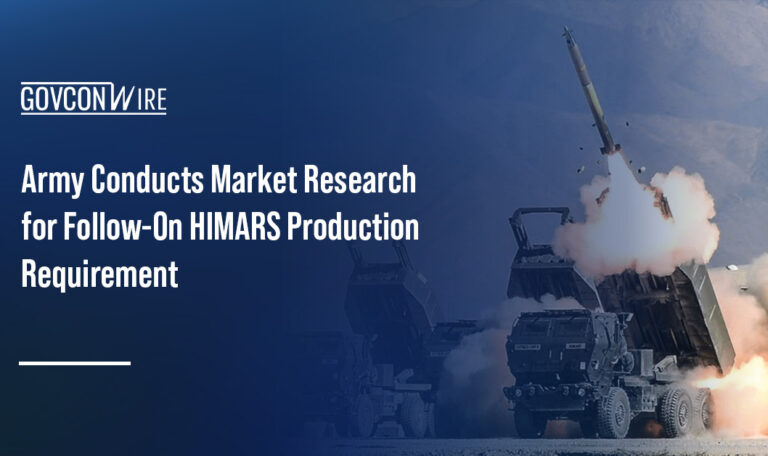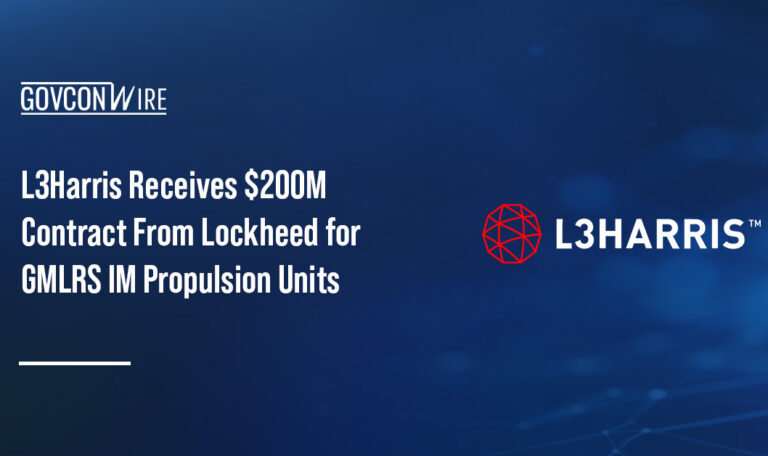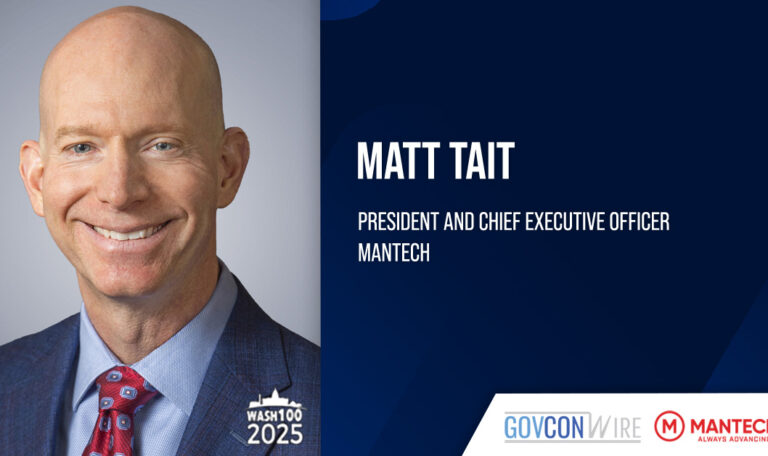The cyber and intelligence landscapes are becoming increasingly interconnected in the digital age. To find out more about emerging trends, threats and opportunities in cyber and intel, GovCon Wire sat down with Gwen Clavon, senior vice president of cyber and intelligence solutions at Jacobs, in a new Executive Spotlight interview.
Clavon has been with Jacobs for nearly three years, and in her current role, she is responsible for supporting defense and intelligence customers. Prior to joining Jacobs, Clavon was chief operating officer at BlackLynx.
Read below for Gwen Clavon’s Executive Spotlight interview.
GovCon Wire: Gwen, I know you’re the Cyber & Intelligence Solutions SVP at Jacobs. Tell me about the current state of the cyber and intelligence landscapes.
Gwen Clavon: The cyber and intelligence landscapes are rapidly evolving. The U.S. national cybersecurity posture has improved over the past year, driven by steady progress toward the 2023 National Cybersecurity Strategy’s vision of a defensible, resilient and values-aligned digital ecosystem. However, the strategic environment is characterized by complexity, interconnectivity and competition. Malicious state and non-state actors exploit its seams with growing capability and strategic purpose. There is an opportunity for improvement across the board, and companies like Jacobs are positioned to support organizations with these challenges.
GCW: Where are you seeing new opportunities in these areas, and where do you think the landscape is heading?
Clavon: New opportunities are emerging in AI and cloud technologies. AI techniques such as machine learning and deep learning have shown significant potential in various cybersecurity areas, including intrusion detection, phishing detection and malware classification. These advancements offer opportunities for more effective and proactive cyber defense mechanisms. The future of cyber threat intelligence lies in AI and ML advancements, ensuring sophisticated, efficient and proactive cybersecurity-enabled solutions and capabilities executed by well-trained and experienced professionals.
GCW: How does artificial intelligence factor into this conversation? How is AI changing cyber and intelligence?
Clavon: AI has and will continue to play a crucial role in identifying, mitigating and responding to cyber threats. It is being used to enable automatic cyber threat detection, generate alerts, identify new strands of malware and protect businesses’ sensitive data and so much more. AI is also transforming the cybersecurity landscape for better and for worse. As the sophistication of AI increases, so does the complexity of cyber threats. The opportunities that this will provide to cyber and intelligence professionals increase as more and more uses are developed and explored.
GCW: How is Jacobs responding to all of the factors and shifts we’ve discussed thus far? Can you talk about some of Jacobs’ key initiatives in cyber and intel?
Clavon: As a Cyber & Intelligence leader, I believe it is crucial to navigate the complex and ever-evolving cyber landscape. This involves adopting a more holistic viewpoint and focusing on bolstering resilience and capacity for recovery. It’s not just important, it’s imperative to leverage AI where appropriate to automate tedious, manual work, while empowering teams to see, know and do more. By implementing robust incident response protocols, conducting regular drills, and continuously improving response capabilities, leaders will be able to enhance organizational resilience.


